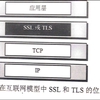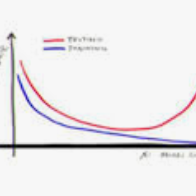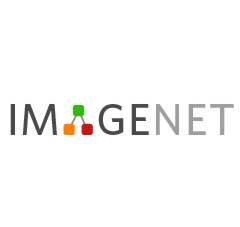Self-supervised learning (SSL) pipelines differ in many design choices such as the architecture, augmentations, or pretraining data. Yet SSL is typically evaluated using a single metric: linear probing on ImageNet. This does not provide much insight into why or when a model is better, now how to improve it. To address this, we propose an SSL risk decomposition, which generalizes the classical supervised approximation-estimation decomposition by considering errors arising from the representation learning step. Our decomposition consists of four error components: approximation, representation usability, probe generalization, and encoder generalization. We provide efficient estimators for each component and use them to analyze the effect of 30 design choices on 169 SSL vision models evaluated on ImageNet. Our analysis gives valuable insights for designing and using SSL models. For example, it highlights the main sources of error and shows how to improve SSL in specific settings (full- vs few-shot) by trading off error components. All results and pretrained models are at https://github.com/YannDubs/SSL-Risk-Decomposition.
翻译:暂无翻译




